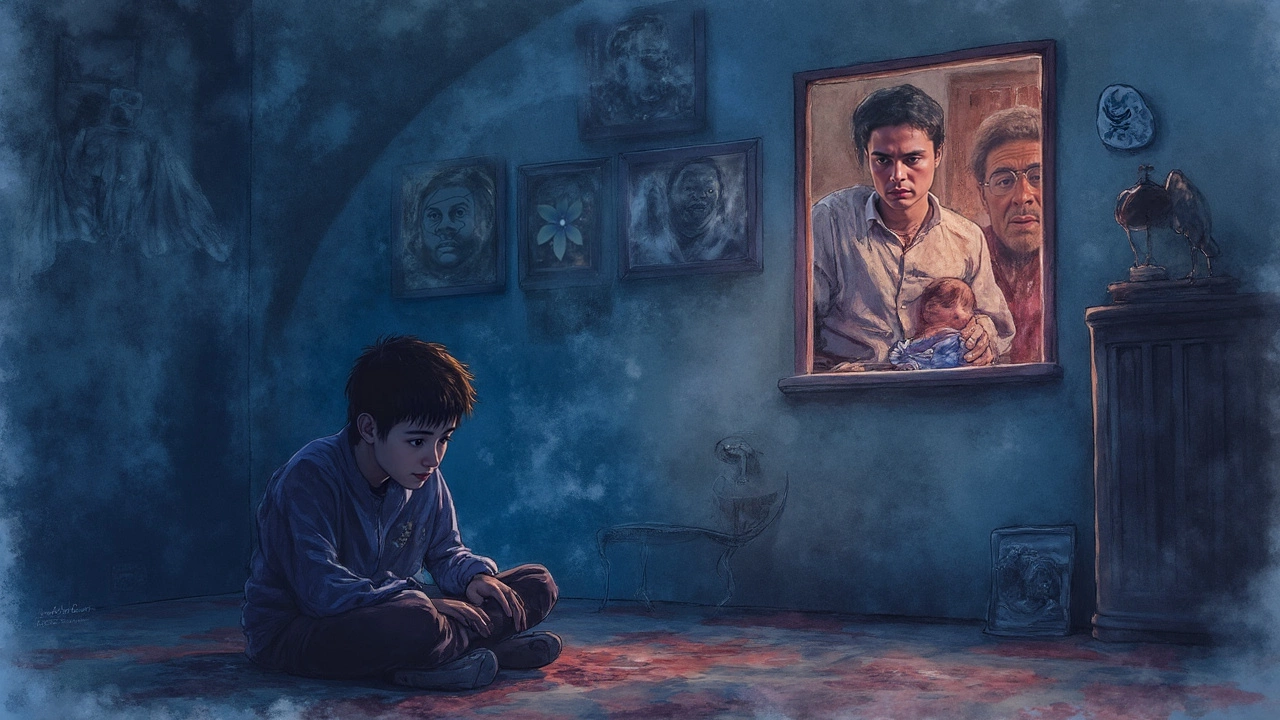Understanding Psychosis: Causes, Signs, and Management
When dealing with psychosis, a severe mental health condition marked by loss of contact with reality. Also known as psychotic disorder, it can arise from genetics, brain chemistry, or external triggers. Psychosis includes classic signs such as hallucinations and delusional thinking, which can disrupt daily life.
One of the first things to notice is the symptoms, like hearing voices, seeing things that aren't there, or believing false ideas. Recognizing these helps clinicians move to the next step: diagnosis, a structured assessment using interviews, observation, and screening tools. Accurate diagnosis of psychosis requires a thorough mental health evaluation, ruling out medical conditions or substance use that can mimic the same picture.
Once diagnosed, the focus shifts to treatment, a mix of antipsychotic medication, psychotherapy, and support services. Effective treatment of psychosis often combines medication to stabilize brain chemistry with therapy that builds coping skills and social support. Early intervention, regular follow‑up, and personalized care plans greatly improve long‑term outcomes.
Below you’ll find a curated collection of articles that dive deeper into each of these areas—whether you’re curious about the science behind hallucinations, want guidance on choosing the right medication, or are looking for practical tips to support someone experiencing psychosis.
